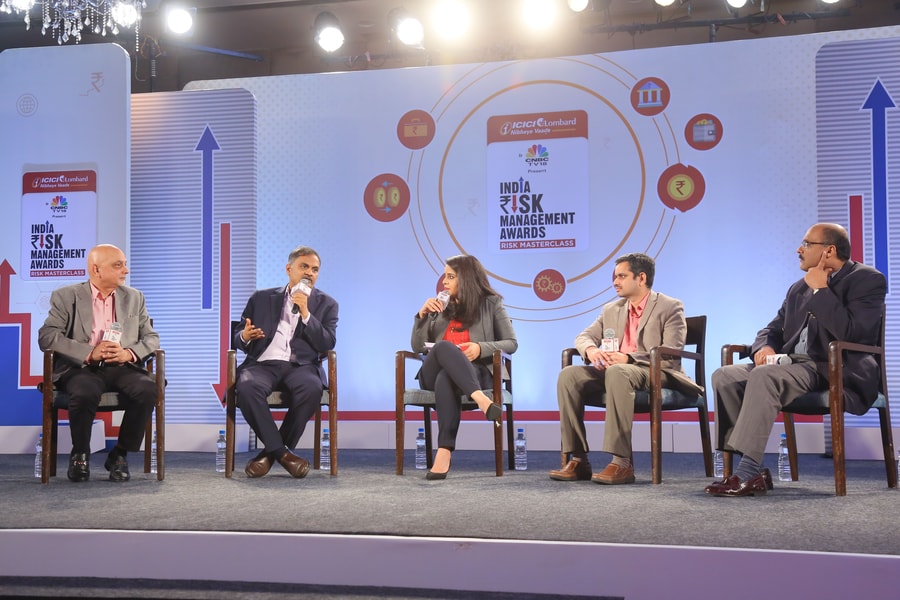
Cyber attacks can cause massive disruption to companies

Indian companies must gear up to face emerging new-age risks, such as cyber threats or they might face huge disruption if major attacks happen. Preparedness should include measurement and testing to assess ways to mitigate risks.
“Disrupt yourself before others disrupt you,” Alok Agarwal, Executive Director, ICICI Lombard, said at the Hyderabad Chapter of the Risk Master Class, organised jointly by ICICI Lombard General Insurance and CNBC TV 18, in the run up to the India Risk Management Awards (IRMA).
Agarwal felt Indian companies are yet to fully recognise new-age risks. “Cyber liability has picked up but not to a large extent. Barely 40-50 companies, mainly in the BFSI and IT sectors, have high awareness of cyber liability. The total industry premium on cyber liability would be around Rs 30 crore in a Rs 1,70,000 crore market. We are expecting growth of two-and-a-half times in the next year. In terms of growth this seems high but it is not even 1 per cent of the total industry premium,” he said.
Agarwal said companies should continuously test how prepared they are to the risk environment. “Measurement and testing is one of the best ways to mitigate the risk. You have to test how prepared you are,” he said.
However, there are signs of companies starting to take new-age risks seriously, feels Gaurav Arora, Head, Corporate Underwriting and Claims, ICICI Lombard. “We are seeing companies becoming more sensitive towards risk. CXOs are keen to discuss how we can partner with them to mitigate and manage risks. More importantly, discussions are not limited to risk financing but a more holistic approach of developing comprehensive risk management frameworks,” he said.
Arora said an ICICI Lombard survey on risk management has shown that Cyber crime and data theft are two most emerging risks accounting for 30% and 18% of the risk landscape. Moreover, 67% respondents believed data theft and cyber-risk have increased considerably in the last 3 years and 43% believed there is uncertainty over these risks primarily because of the uniqueness. It is also difficult to trace the source of these risks. “To manage these emerging risks it is imperative that we consistently strive to devise our techniques to assess and price these risks better,” he said.




